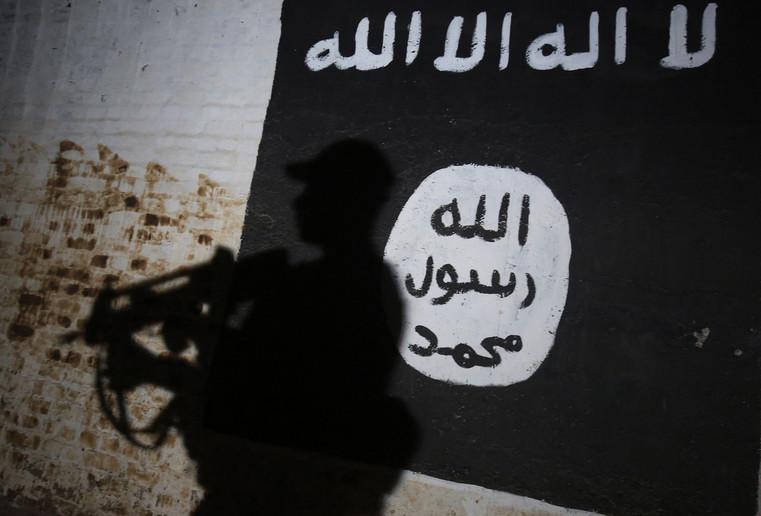
Where ISIS is a ‘ticking time bomb’
Let’s talk about a big security blindspot in (many) corners of Washington.
A top counterterrorism official is warning that the U.S. can’t afford to ignore the rise of the Islamic State militant group in Africa.
“The ISIS threat in Africa, in our view, is potentially one of the greatest long-term threats to U.S. interests,” BRETT HOLMGREN, the head of the U.S. National Counterterrorism Center, or NCTC, told NatSec Daily in an interview. “They’ve clearly prioritized Africa as a growth opportunity.”
ISIS planted its roots in Africa a decade ago, but top U.S. officials rarely address it in speeches or press conferences — perhaps not surprising given the threats from China, Russia’s war in Ukraine and the Middle East crisis.
Holmgren’s assessments therefore offer a stark new and public warning to a Washington that is eager to pivot to great power competition against rivals like China, Russia and Iran — a priority for both the outgoing Biden administration and incoming Trump administration.
For now, Holmgren says, ISIS’s branches in Africa constitute “mostly local threats.” But he warned that “left unchecked, these groups can and do over time pursue greater ambitions.”
“That could include going after U.S. interests and targets in Africa, or if they bring in foreign fighters, as we’ve seen in other conflicts, at that point it could become more of an external threat to the United States,” he said.
Others offered even more dire warnings. “I have no doubt that, in time, they will realize their ambition to strike targets farther afield, including Europe and even America,” said J. PETER PHAM, the former U.S. special envoy for the Sahel region in the first Trump administration.
Islamist militants affiliated with both ISIS and Al Qaeda are sowing chaos across regions of Nigeria, Niger, Burkina Faso and Mali and are setting their sights further south in coastal West Africa.
Still, some other counterterrorism officials say it’s a tall order to get enough U.S. resources to focus on the terror threats emanating from the Sahel, given how slammed Washington’s national security leaders are with other global crises — to say nothing of a transition between two administrations with vastly different worldviews and priorities.
“I hate to use this cliché, but it really is a ticking time bomb,” said another senior U.S. counterterrorism official, who was granted anonymity to discuss sensitive security matters. “The CT world gets it, but most of Washington is consumed by Ukraine or China or the Israel crisis. If we let this threat in the Sahel metastasize, we’ll really come to regret it.”
The Trump transition team did not respond to requests for comment on how it would prioritize counterterrorism or addressing terror groups in Africa. President-elect DONALD TRUMP on Friday announced SEBASTIAN GORKA would serve as his senior director for counterterrorism once he takes office. Gorka is, to say the least, controversial in national security circles.
Western security officials and analysts have drawn comparisons between how ISIS groups are amassing territory in the Sahel with the group’s prominent rise in the Middle East around a decade ago.
That’s particularly true ever since some military juntas in the region kicked out the United States, France and other Western counterterror partners from their countries (though they had a mixed track record to begin with). Mali and Niger’s juntas brought in Russian mercenary groups in their place, which, unsurprisingly to American officials, aren’t doing so hot. That leaves an even bigger vacuum for these terror groups to fill.
Source » politico





